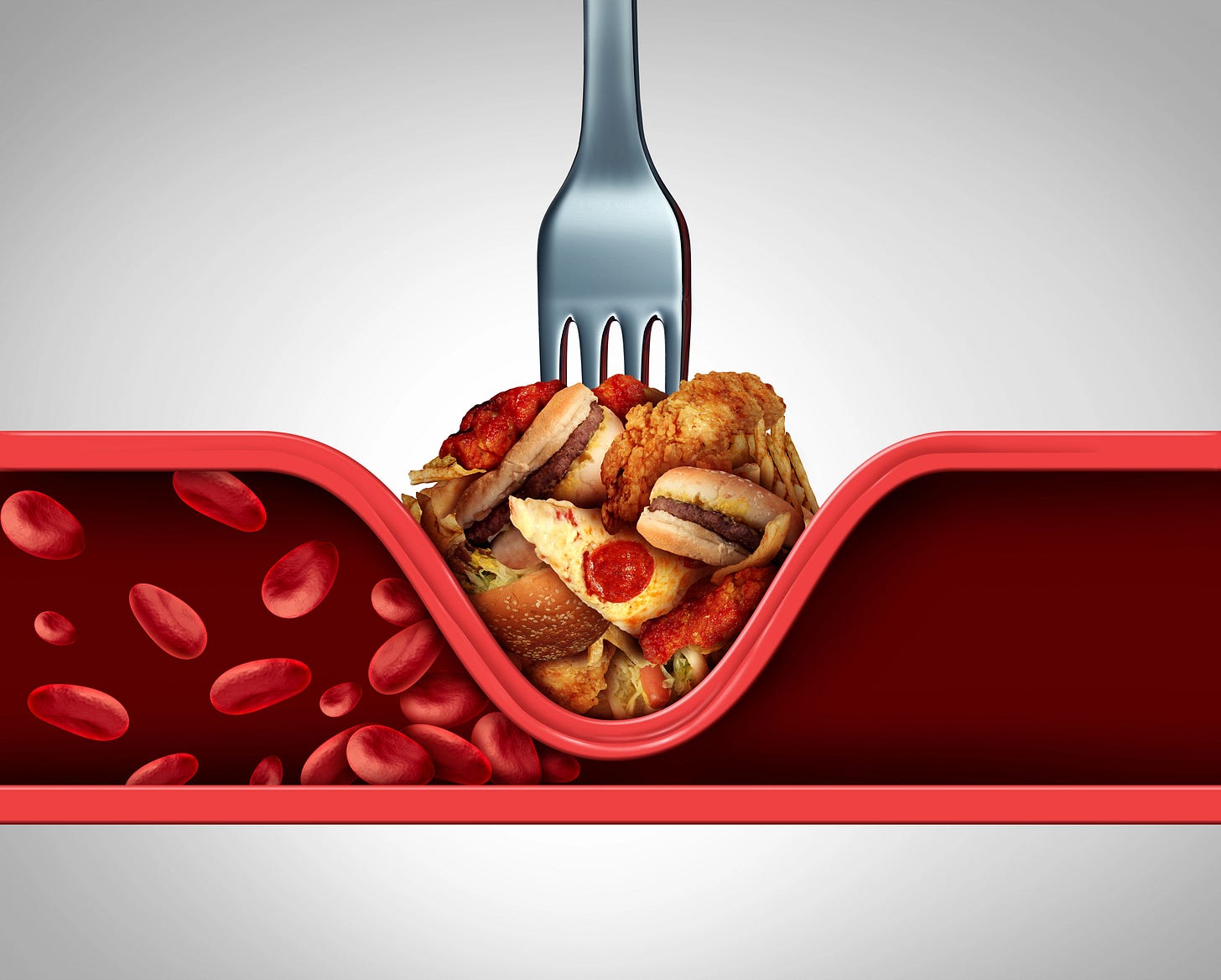
Cholesterol and phytosterols are two distinct types of sterols with significant impacts on human health. Cholesterol, found only in animal products, is essential for various bodily functions but can lead to health issues when consumed in excess.
‘‘Cholesterol, found in animal products, is vital for certain bodily functions but can raise blood cholesterol levels and increase heart disease risk. In contrast, phytosterols from plant-based foods help lower LDL cholesterol, offering a natural way to support cardiovascular health.’’
In contrast, phytosterols, present in plant-based foods, offer a natural way to lower cholesterol levels and support cardiovascular health. This article explores the differences between these compounds, their sources, and their effects on the body.
What is Cholesterol?
Cholesterol is a waxy, fat-like substance found in the cells of all animals, including humans. It plays a crucial role in building cell membranes, producing certain hormones, and synthesizing vitamin D. The human body produces all the cholesterol it needs, but additional cholesterol is obtained from dietary sources, primarily animal products.
Sources of Dietary Cholesterol
Cholesterol is found in animal-based foods such as meat, dairy, and eggs. These foods contain cholesterol because it is naturally present in the tissues of animals. For example:
Meat: Beef, pork, and poultry contain varying levels of cholesterol, with red meats typically having higher amounts.
Dairy: Products like cheese, butter, and milk contain cholesterol, with full-fat versions having more than their low-fat counterparts.
Eggs: Egg yolks are particularly high in cholesterol.
Consuming high levels of dietary cholesterol can contribute to elevated blood cholesterol levels, which is a risk factor for heart disease.
What are Phytosterols?
Phytosterols, also known as plant sterols, are naturally occurring compounds found in plant cell membranes. They are structurally similar to cholesterol but differ in their chemical makeup. Phytosterols are present in various plant-based foods, including vegetables, fruits, nuts, seeds, and legumes.
How Phytosterols Affect Cholesterol Levels
One of the most significant benefits of phytosterols is their ability to help lower cholesterol levels in the human body. They do this by competing with cholesterol for absorption in the digestive system. When phytosterols are present, they reduce the amount of cholesterol that enters the bloodstream. This effect can help lower low-density lipoprotein (LDL) cholesterol, commonly known as "bad" cholesterol.
Key Differences Between Cholesterol and Phytosterols
Source:
Cholesterol is found exclusively in animal products.
Phytosterols are found only in plant-based foods.
Function:
Cholesterol is essential for certain bodily functions but can contribute to health issues when consumed in excess.
Phytosterols are not required by the human body but can positively impact cholesterol levels.
Impact on Health:
High dietary cholesterol intake can raise blood cholesterol levels and increase the risk of cardiovascular disease.
Phytosterols can help reduce LDL cholesterol levels, potentially lowering the risk of heart disease.
Incorporating Phytosterols into Your Diet
To benefit from phytosterols, consider including more plant-based foods in your diet. Some excellent sources include:
Nuts and Seeds: Almonds, walnuts, sunflower seeds, and flaxseeds.
Vegetables: Brussels sprouts, broccoli, and cauliflower.
Fruits: Apples, oranges, and avocados.
Legumes: Beans, lentils, and peas.
Whole Grains: Brown rice, oats, and whole wheat products.
Conclusion
Understanding the difference between cholesterol and phytosterols is crucial for making informed dietary choices. While cholesterol is necessary for certain bodily functions, excessive intake from animal products can be harmful. In contrast, phytosterols offer a natural way to help manage cholesterol levels and promote heart health. By emphasizing plant-based foods, individuals can harness the benefits of phytosterols and support overall well-being.
Sources:
Greger, M. (n.d.). Cholesterol & Heart Disease: The Role of Diet. NutritionFacts.org. NutritionFacts.org
National Heart, Lung, and Blood Institute. (2021). Cholesterol. NHLBI
American Heart Association. (2020). Phytosterols: The Heart-Healthy Sterol. Cleveland Clinic.
Get my new booklet ‘‘25 Vegan Myths Debunked!’’
This concise guide is invaluable for anyone curious about veganism, offering evidence-based insights and practical guidance to navigate vegan living confidently. All proceeds benefit the promotion of animal rights worldwide!
Visit Our Amazon Store!
Notice: As an Amazon Associate, we earn a commission from qualifying purchases that help promote animal rights worldwide!
General Resources
Books:
Dominion: The Power of Animals in Nature and in Our Imagination by Matthew Scully
Animal Liberation by Peter Singer
Eating Animals by Jonathan Safran Foer
A Billion Hungry Mouths: Feeding the World Without Consuming the Planet by Colin Tudge
Websites and organizations:
Documentaries:
Articles:
"The Case for Animal Rights" by Tom Regan
‘‘Why We Love Dogs, Eat Pigs, and Wear Cows: An Introduction to Carnism’’ by Melanie Joy
‘‘Animal Rights: The Abolitionist Approach’’ by Gary L. Francione
‘‘Fellow Creatures: Our Obligations to the Other Animals’’ by Christine Korsgaard
Seeds of Compassion: Finding Jesus Christ in a Vegan World by Michael Corthell
Receive a single informative article daily at 12:01 AM by email. Explore my homepage with exciting vegan and plant-based news content and delightful and delicious recipes for additional updates. Stay connected to the vegan world and all it has to offer.
Visit The Vegan Project Global our Facebook page for more vegan outreach and education.
Also, visit our new YouTube channel
The information on this vegan/plant-based blog is for general informational purposes only. It is not intended as legal, medical, or professional advice. Readers should consult with appropriate professionals for specific advice tailored to their situation. The blog owner is not responsible for any reliance on the information herein.





oh, that is fascinating - I appreciate this breakdown - even as a longtime vegan!!